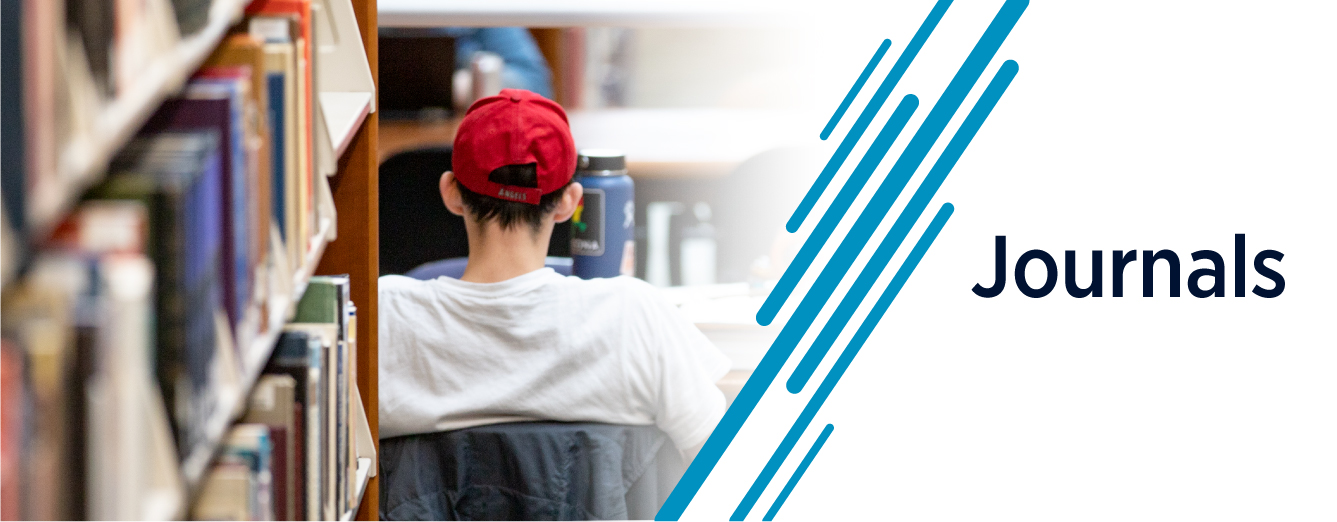Document Type
Article
Journal/Book Title/Conference
Decimonónica
Volume
14
Issue
1
Publisher
Decimonónica
Publication Date
2017
First Page
66
Last Page
83
Abstract
In 1891, Zoel García de Galdeano, a mathematics professor at the Universidad de Zaragoza, embarked on a quixotic enterprise. Seeking to make the most important advances in mathematics available in Spain, he founded the first specialized journal of this field in the country, El Progreso Matemático, serving simultaneously as its editor, contributor, and manager. The journal also provided a space to criticize the backwardness of education and the absence of local scientific developments on the Iberian Peninsula. Three comprehensive essays authored by García de Galdeano and published in the journal from 1893 to 1894, and from 1899 to 1900, are emblematic of this editorial stance. The pieces, entitled “Estudios sobre la enseñanza y el organismo de la ciencia matemática,” “La enseñanza de la ciencia matemática en la universidad,” and “La matemática y su enseñanza,” invoke mathematics instruction as a paradigm to develop and to implement an entirely new structure of the educational system. In García de Galdeano’s view, theory and practice—usually treated as unconnected instances of the educational body—should be correlated but independent components of higher education, much like pure and applied knowledge should constitute the core of science. An unbalanced approach to education, however, had dramatically limited the possibilities for autonomous scientific and technical development and, as a consequence, the successful transition of the country into an industrial society and its consolidation as a modern nation. García de Galdeano believed in the broad concept of the university, a space where education provided a compendium of universal knowledge and fostered an understanding of both the sensorial and the conceptual worlds. In this context, the teaching of mathematics was instrumental in supplying, on the one hand, the tools to create an abstract representation of natural phenomena, and, on the other, the concepts to understand the highest notions of philosophy.
Recommended Citation
Useche, Óscar Iván, "The Science of Science Education: Zoel García de Galdeano, Mathematics Instruction, and the Progress of Spain" (2017). Decimonónica. Paper 19.
https://digitalcommons.usu.edu/decimononica/19


